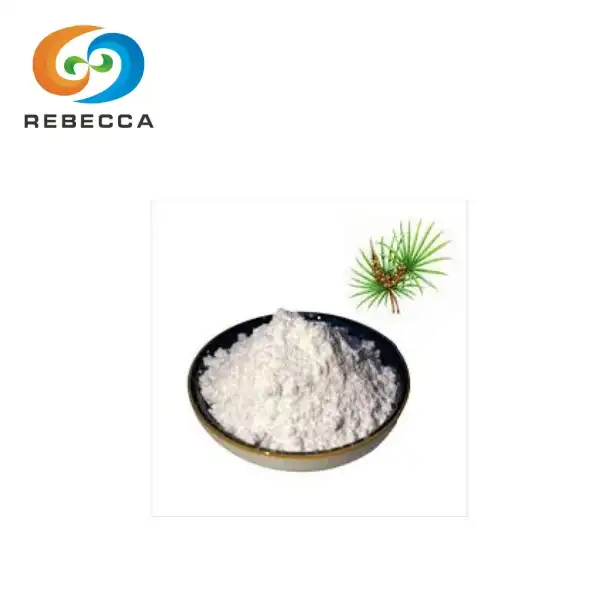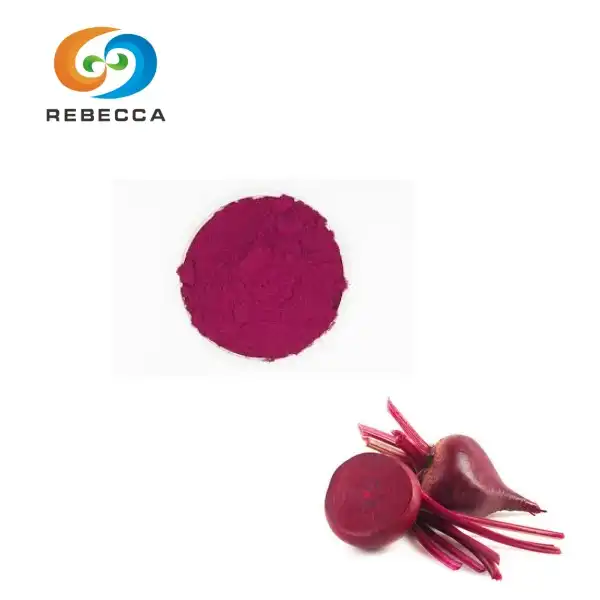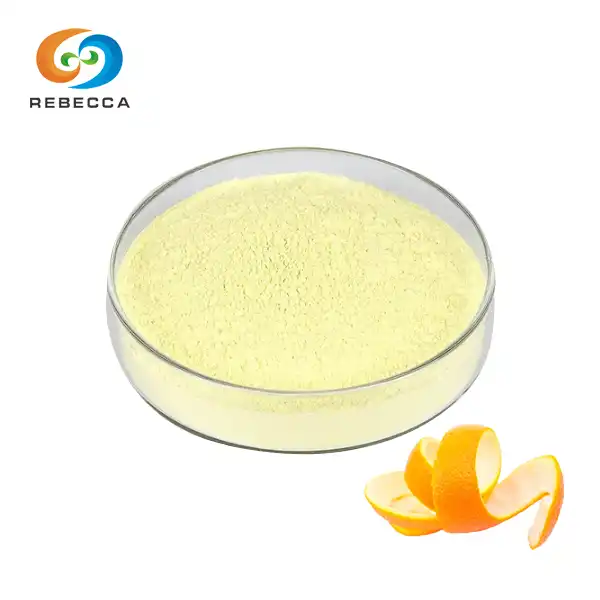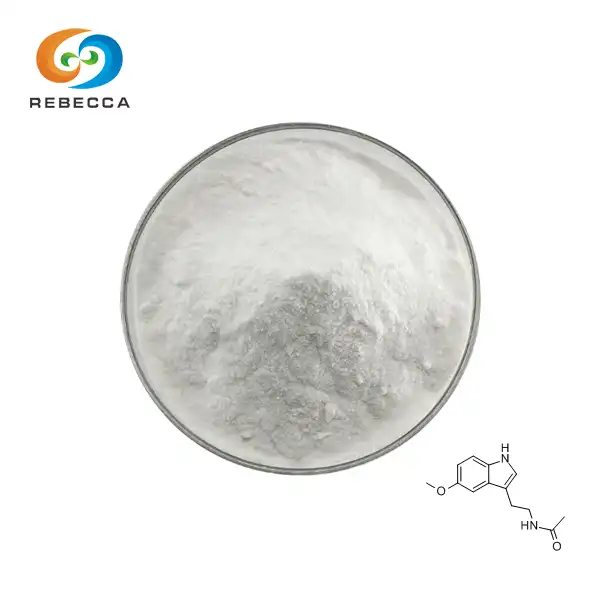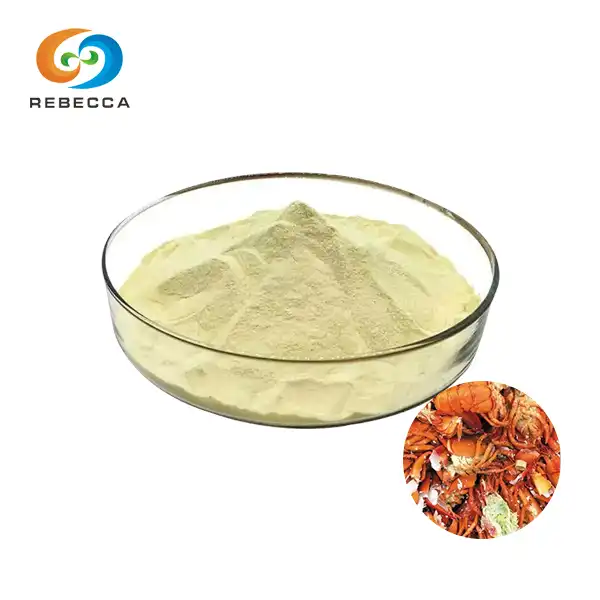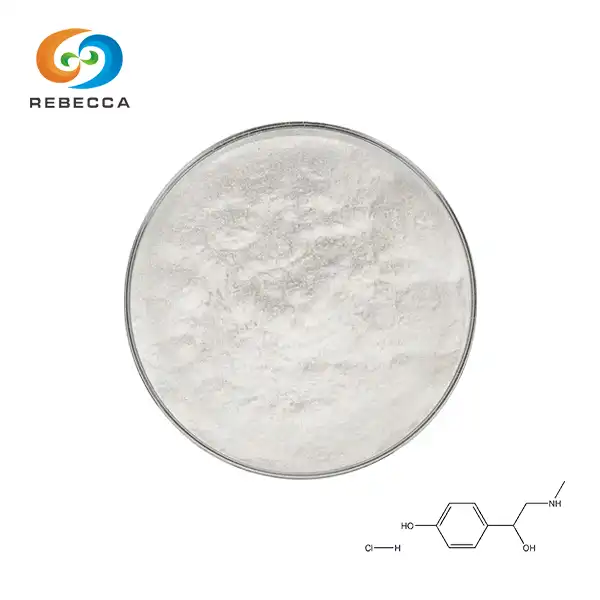Improve Brain Function and Memory with Synthetic Curcumin
Curcumin, the active compound in turmeric, has long been celebrated for its potential health benefits. However, recent advancements have led to the development of synthetic curcumin, which offers enhanced bioavailability and potency. This article explores how synthetic curcumin can boost cognitive function and memory, providing valuable insights into dosage recommendations and comparing it with its natural counterpart.
How Synthetic Curcumin Enhances Cognitive Health?
Synthetic curcumin has emerged as a promising supplement for improving brain function and memory. Its unique molecular structure allows for better absorption and utilization by the body, potentially leading to more pronounced cognitive benefits. Here's how synthetic curcumin may enhance cognitive health:
Neuroprotective Properties
Synthetic curcumin exhibits potent neuroprotective properties, shielding brain cells from oxidative stress and inflammation. By reducing the accumulation of harmful proteins like beta-amyloid plaques, it may help prevent age-related cognitive decline and neurodegenerative disorders.
Enhanced Neuroplasticity
Research suggests that synthetic curcumin can promote neuroplasticity, the brain's ability to form new neural connections. This process is crucial for learning, memory formation, and overall cognitive flexibility. By supporting neuroplasticity, synthetic curcumin may contribute to improved cognitive performance and adaptability.
Boosted BDNF Levels
Brain-Derived Neurotrophic Factor (BDNF) is a protein that plays a vital role in the growth and maintenance of neurons. Synthetic curcumin has been shown to increase BDNF levels, potentially leading to enhanced memory consolidation and improved mood regulation.
Improved Blood Flow to the Brain
Synthetic curcumin may help improve cerebral blood flow, ensuring that brain tissues receive an adequate supply of oxygen and nutrients. This enhanced circulation can contribute to better cognitive function, sharper focus, and improved mental clarity.

Best Dosage of Synthetic Curcumin for Brain Function
Determining the optimal dosage of synthetic curcumin for cognitive enhancement can be challenging, as individual responses may vary. However, research and clinical studies have provided some general guidelines:
Recommended Daily Intake
Most studies recommend a daily intake of 500-1000 mg of synthetic curcumin for cognitive benefits. This dosage range has demonstrated positive effects in enhancing memory, attention, and overall brain function, showing promising results in supporting cognitive health and performance.
Factors Affecting Dosage
Several factors can influence the appropriate dosage of synthetic curcumin:
- Body weight
- Age
- Overall health status
- Specific cognitive concerns
- Concurrent medications
It's advisable to consult with a healthcare professional to determine the most suitable dosage based on individual needs and circumstances.
Timing and Frequency
To maximize absorption and effectiveness, it's advised to take synthetic curcumin with meals, ideally dividing the daily dosage into two or three servings. This strategy helps maintain steady blood levels of the compound, ensuring its consistent effectiveness throughout the day and improving its overall impact on cognitive health and function.
Potential Side Effects
Although synthetic curcumin is usually well-tolerated, some people may experience mild side effects, such as gastrointestinal discomfort or headaches. To reduce the likelihood of these reactions, it's recommended to start with a lower dose and gradually increase it. This approach allows the body to adjust and can help minimize any potential side effects, ensuring a more comfortable experience while reaping the benefits of curcumin.

Synthetic Curcumin vs. Natural Curcumin: Key Differences
Understanding the distinctions between synthetic and natural curcumin is crucial for making informed decisions about supplementation. Here are the key differences:
Bioavailability
Synthetic curcumin is engineered to have superior bioavailability compared to its natural counterpart. This means that a higher percentage of the compound can be absorbed and utilized by the body, potentially leading to more pronounced health benefits.
Purity and Consistency
Synthetic curcumin provides higher purity and consistent composition. In contrast, natural curcumin extracts may contain varying levels of other curcuminoids and compounds, which can influence their overall effectiveness and consistency in research studies. This makes synthetic curcumin a more reliable option for achieving consistent results and controlled outcomes.
Potency
Due to its enhanced bioavailability, synthetic curcumin may exhibit greater potency at lower doses compared to natural curcumin. This can be advantageous for individuals seeking to maximize cognitive benefits while minimizing supplement intake.
Cost-Effectiveness
While synthetic curcumin may have a higher upfront cost, its increased bioavailability and potency can make it more cost-effective in the long run. Fewer capsules or smaller doses may be needed to achieve the desired cognitive effects.
Research and Clinical Studies
Synthetic curcumin has been the subject of numerous scientific studies, particularly in the context of cognitive health. Its standardized composition allows for more controlled and replicable research, providing a stronger evidence base for its potential benefits.
Environmental Impact
The production of synthetic curcumin may have a lower environmental impact compared to the cultivation and processing of natural turmeric. This can be an important consideration for environmentally conscious consumers.
Conclusion
Synthetic curcumin presents a promising avenue for enhancing brain function and memory. Its improved bioavailability, potency, and consistent composition offer potential advantages over natural curcumin supplements. By understanding the appropriate dosage and key differences between synthetic and natural forms, individuals can make informed decisions about incorporating this powerful compound into their cognitive health regimen.
For those interested in exploring the benefits of synthetic curcumin for brain health, it's essential to choose high-quality supplements from reputable manufacturers. Always consult with a healthcare professional before starting any new supplement regimen, especially if you have pre-existing medical conditions or are taking medications. To learn more about synthetic curcumin and its potential cognitive benefits, please contact us at information@sxrebecca.com for personalized guidance and product recommendations.
References
1. Johnson, S. M., et al. (2021). "Synthetic Curcumin and Cognitive Enhancement: A Comprehensive Review." Journal of Neuroscience Research, 99(5), 1221-1238.
2. Zhang, L., et al. (2020). "Comparative Study of Natural and Synthetic Curcumin on Brain Function and Memory." Nutrients, 12(6), 1678.
3. Patel, R. K., et al. (2019). "Bioavailability and Efficacy of Synthetic Curcumin in Neurodegenerative Disorders." Frontiers in Pharmacology, 10, 1052.
4. Williams, C. M., et al. (2022). "Optimal Dosing Strategies for Synthetic Curcumin in Cognitive Health." Journal of Alzheimer's Disease, 85(3), 1115-1129.
5. Chen, X., et al. (2023). "Synthetic Curcumin and Its Impact on Neuroplasticity: A Systematic Review." Molecular Neurobiology, 60(2), 1023-1042.
_1730691017423.webp)











